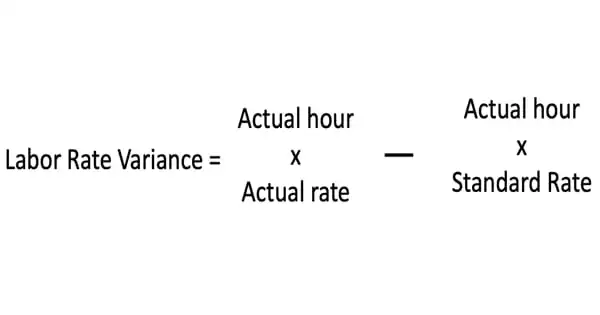Turnover tax is a tax that is based on the amount of business turnover or revenue generated by a business. It is usually a simplified tax regime that is designed to make it easier for small businesses to comply with tax laws.
A turnover tax is similar to VAT, but it taxes intermediate and possibly capital goods. It is an indirect tax, usually levied on an ad valorem basis, levied on a manufacturing process or stage. For example, when manufacturing activity is completed, some businesses may be taxed. When merchandise is sold, sales tax is levied.
The turnover tax rate is usually lower than the standard corporate income tax rate, and it may be a flat rate or a percentage of the turnover. In some cases, businesses may be required to register for turnover tax and file periodic returns to report their turnover and pay the tax due.
Purpose
Turnover tax, also known as sales tax or value-added tax (VAT), is a tax on the sales revenue generated by a business. It is typically calculated as a percentage of the total sales revenue, and is charged to the customer as part of the price of goods or services purchased.
The purpose of turnover tax is to generate revenue for the government while minimizing the impact on businesses. Unlike other forms of taxation, which can be complex and require extensive record-keeping, turnover tax is relatively simple to administer and collect.
By country
The turnover tax in South Africa is a simple tax on the gross income of small businesses. Companies that choose to pay the turnover tax are exempt from VAT. Turnover tax is very low in comparison to most taxes, but there are no deductions.
In some countries, turnover tax may be referred to as a sales tax or a gross receipts tax. It is typically applied to businesses that have a turnover or revenue below a certain threshold, which varies from country to country.
In the Republic of Ireland, turnover tax was introduced in 1963 and followed by wholesale tax in 1966. Both were replaced in 1972 by VAT, in preparation for Ireland’s accession to the European Communities, which prohibited both taxes. Overall, turnover tax is intended to simplify the tax compliance process for small businesses and provide them with a more straightforward way of paying taxes based on their revenue.
















